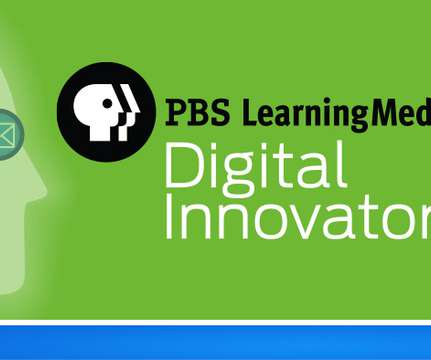Khan Academy: Friend or Foe?
A Principal's Reflections
APRIL 23, 2012
As the site increased in popularity it caught the eye of Bill Gates and Google with an end result being over 4 million in funding. Change education reform educational technology Flipped Classroom Khan Academy Opinion' He officially started Khan Academy in 2009 knowing that quality videos would withstand test of time.















Let's personalize your content